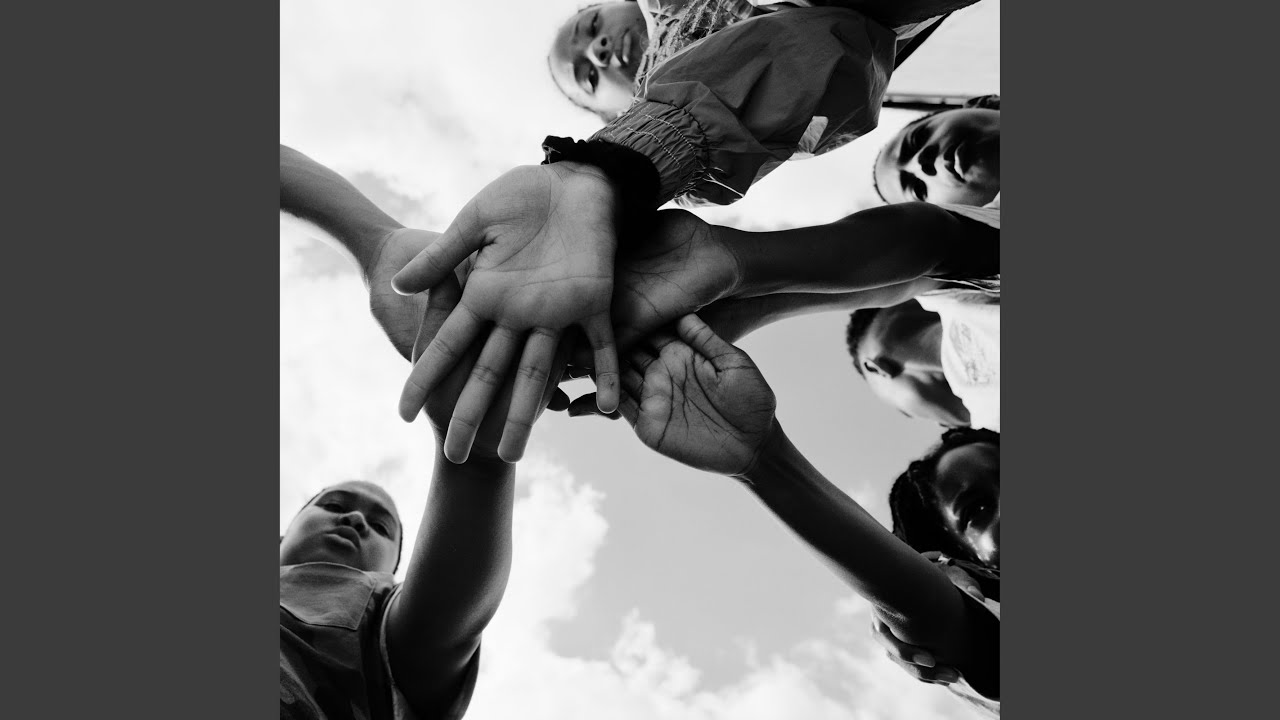As Top Boy returns for its third season (on Netflix rather than BBC this time), it seems like the perfect time for one of its main stars to release his fifth studio album, and his second on a major label. On Hoodies All Summer, Kano moves even further away from grime, choosing to be influenced instead by hip-hop and dancehall. If Kano’s earlier hits embodied the straightforward grittiness of 2011 Top Boy on BBC, this record surely smacks of a Drake-produced glossy international straight-to-Netflix sequel.
Although Hoodies All Summer is produced quite well, it has more than a few cynical nods to summer 2016 pop clichés that feel underwhelming and lazy in 2019. On ‘Pan-Fried,’ for instance, deep 808s, steel drums and repetitive vocal chops underscore Kano toasting his success to a simple-yet-catchy hook sung by Kojo Funds. It’s a pitch that sounds three years too late and more than a few memorable lyrics short of being relevant.
In total, Kano calls in five collaborators on this project, four of which provide the choruses on his record. Of the five features, the most convincing is an angelic dancehall vocal delivered by Popcaan on ‘Can’t Hold We Down.’ Energetic bars delivered by old friends and grime legends D Double E and Ghetts on the most upbeat track on the album, ‘Class of Deja,’ will no doubt cause many fans of Kano’s older work to draw gunfingers. The features on this album aren’t all successful though: on ‘Got My Brandy, Got My Beats’ Lil Silva’s cheesy guest appearance sounds like supermarket own-brand James Blake.
It is a shame that Lil Silva’s hook on ‘Got My Brandy, Got My Beats’ is still a welcome break from Kano’s corny, supposedly earnest bars about love and loss and no longer being able to “build a castle fit for a queen who now one finger skanks without me.” The combination of the cheesy chorus and the recycled rap tropes makes this song very saccharine and actually seems to reveal a lot about the attitude that went into making the album.
Kano performs few choruses and the ones that he does perform aren’t very memorable. Even in his verses he seems to struggle for original lyrical content, catchiness and new flows – something that major label, Parlophone, must have been very aware of.
His vocal performance here is an acquired taste. Less natural than in his early career, it harks more to the affectedly macho performance of garage MCs that forefathered grime. Kano’s delivery therefore doesn’t have much dynamic range and seems to miss some of the emotional sensibility that the features bring to the album.
Ultimately, Hoodies All Summer sounds like it’s been ‘fixed’ by a major label trying to improve Kano’s chances of radio play by throwing some poppy hooks and production into the mix and praying for the best. This isn’t necessarily a bad thing in and of itself, but in this case the result is simply banal.



